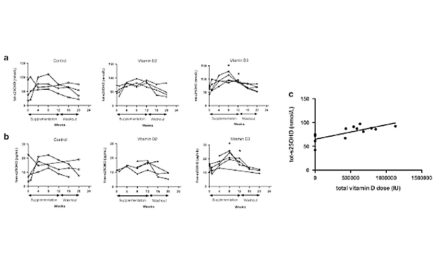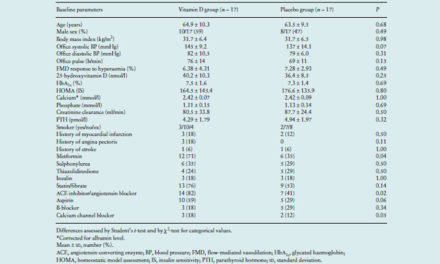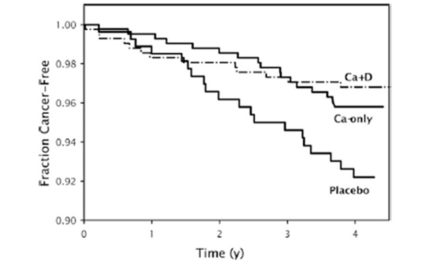Supavit Chesdachai, M.D. and Vin Tangpricha, M.D., Ph.D.
Division of Endocrinology, Metabolism and Lipids, Department of Medicine, Emory University
School of Medicine and the Atlanta VA Medical Center, Atlanta, GA, USA
Abstract
Vitamin D deficiency occurs frequently in patients with cystic fibrosis (CF). Vitamin D is important for optimal mineralization of bone and may be important for other comorbidities commonly occurring in patients with CF. Vitamin D deficiency in patients with CF can arise from various causes including pancreatic exocrine insufficiency, lack of outdoor activity, and alterations of vitamin D metabolism. Due to fat malabsorption stemming from pancreatic insufficiency, higher oral doses of vitamin D are necessary to correct and maintain optimal vitamin D status in patients with CF. Recent studies have demonstrated that higher vitamin D status is associated with better lung function and that vitamin D therapy may help recovery from pulmonary exacerbations of CF. The mechanisms by which vitamin D may exert its beneficial actions in CF are unclear but likely related to the role vitamin D has in modulating the adaptive and innate immune response. Large randomized clinical studies to evaluate the potential role of vitamin D as adjunctive therapy in CF that goes beyond bone are necessary.









